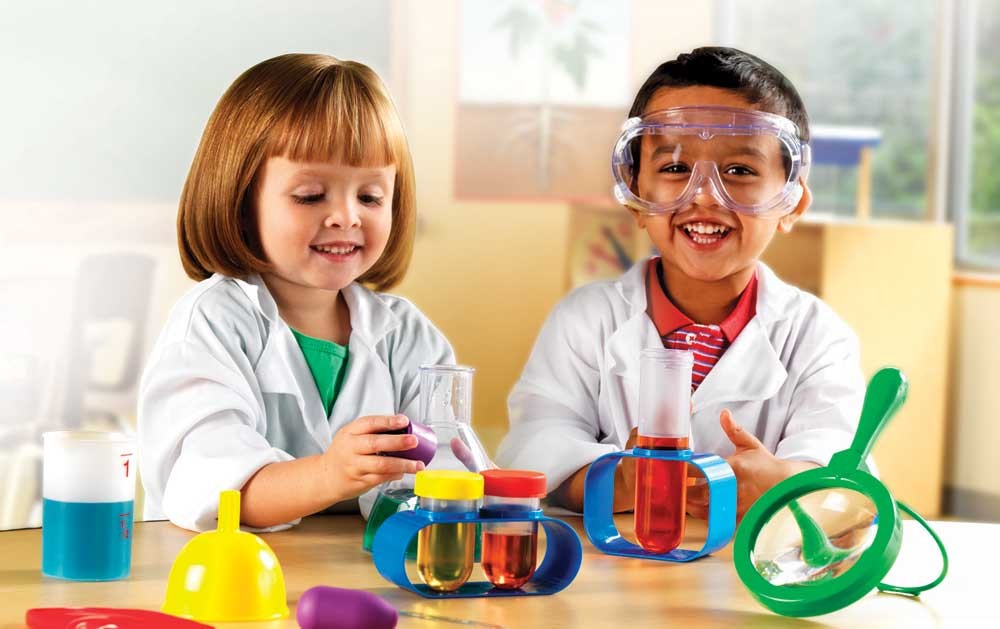
Assortment of data in almost any experiment is vital for precision and precision of the science project. More to the point, when data in experiments are correctly collected, the data collected offers the researcher from the science project validity and credibility. They are valuable skills for just about any researcher to become effective for any field. When science students are collecting data for any science project, they should know these basics steps: precision, precision, validity and reliability.
Precision information is repeatability
In most cases, science students focusing on their school science projects have to repeat their experiments. This really is to supply justification to previous experiments. It explains the data collected is precise. The greater precise the gathering of information may be the better the end result. Possibly, science students have to repeat a test to ensure an unsuccessful or perhaps an incomplete result. Other occasions, experiments don’t perform to standards. In some cases, experiments are incomplete because of insufficient materials or time. Hence, the greater repeats within an experiment the greater the outcomes.
Accurate information is correct information
The precision from the data collected by science students means how close that outcome is regarding the true value. In statistic terms, a real value is data that carefully approaches the right record. In this manner, the greater precise a measurement is within a specific instrument, the greater accurate that value would be to the experiment. Therefore, many instruments should be calibrated based on standards to supply accurate results. When a musical instrument isn’t calibrated, the measurements from that instrument lack validity. Calibration is the action of standardizing a musical instrument according to its specific graduations. For example, a weighing balance inside a supermarket is calibrated with weights to supply probably the most accurate weight in pounds. Thus, calibration of the instrument is a crucial area of the precision and precision of the result.
Valid information is true scientific content
When science students provide true data, additionally, it provides authenticity for their science projects. Ought to be fact, without validity in science projects, they seem hard to rely on. For other scientists, when validity is compromised in certain experiments or science projects, it transmits an adverse signal that they are not seriously interested in their project. In science, experiments might not supply the results that they’re going to predict. However a negative data inside a science experiment may also mean a great result. It may prove or disapprove the hypothesis. It may provide more information with other scientific experiments. It may establish the chance to help research into the data. Therefore, a legitimate science experiment not just provides valid results it offers an honest science student.
Reliable information is reliable evidence
If science students approach their science projects with validity, their data gets to be more reliable. When experiments are conducted with conviction in performing the very best and many accurate data, then they may be confident regarding their science projects. Reliable results establish the building blocks for any legitimate status for science students. It establishes the information collected by science students is reliable, valid, accurate, and precise. Actually, science students who don’t omit any stages in their science experiments to acquire results realize that science is really a learning process.

